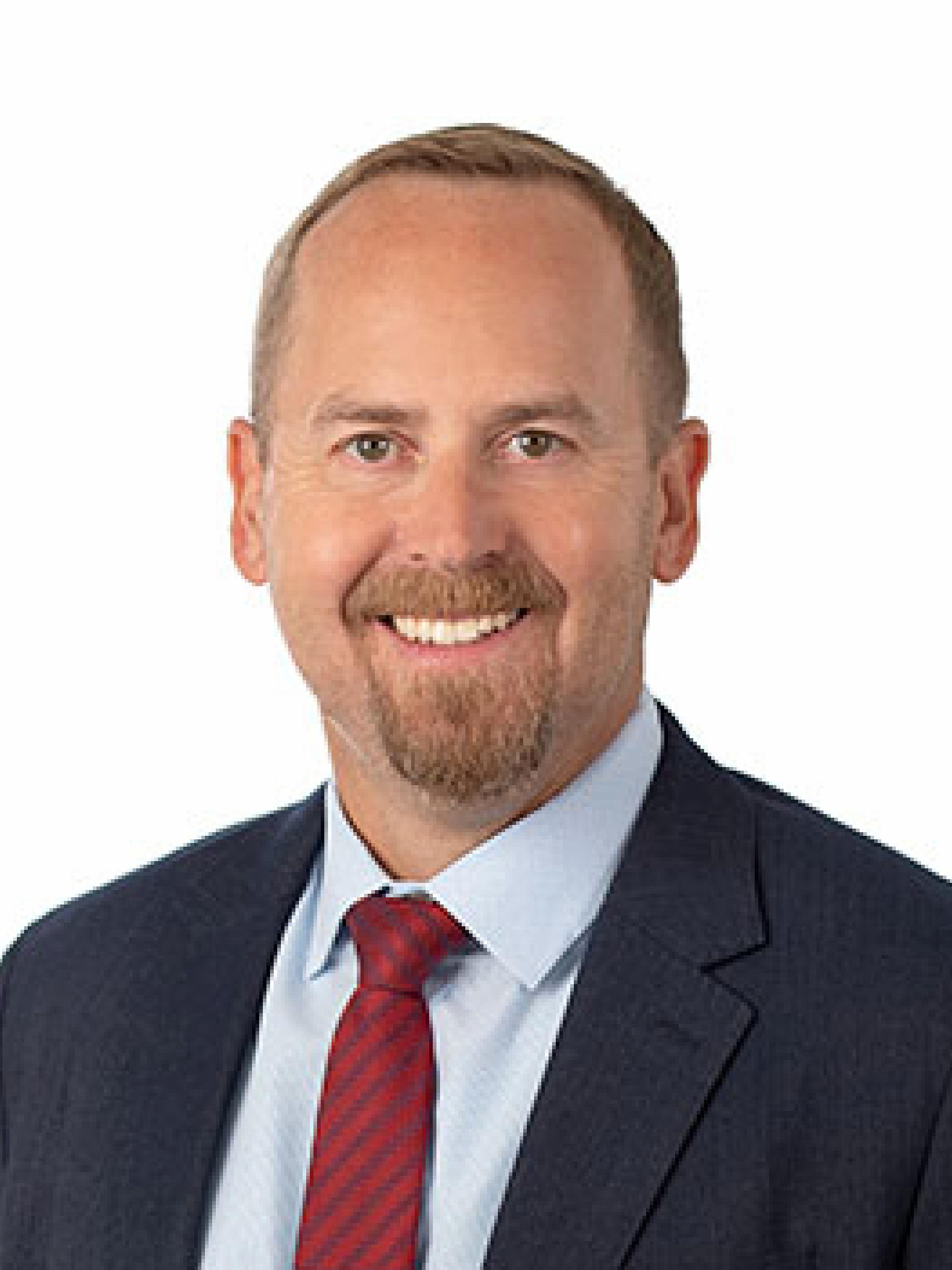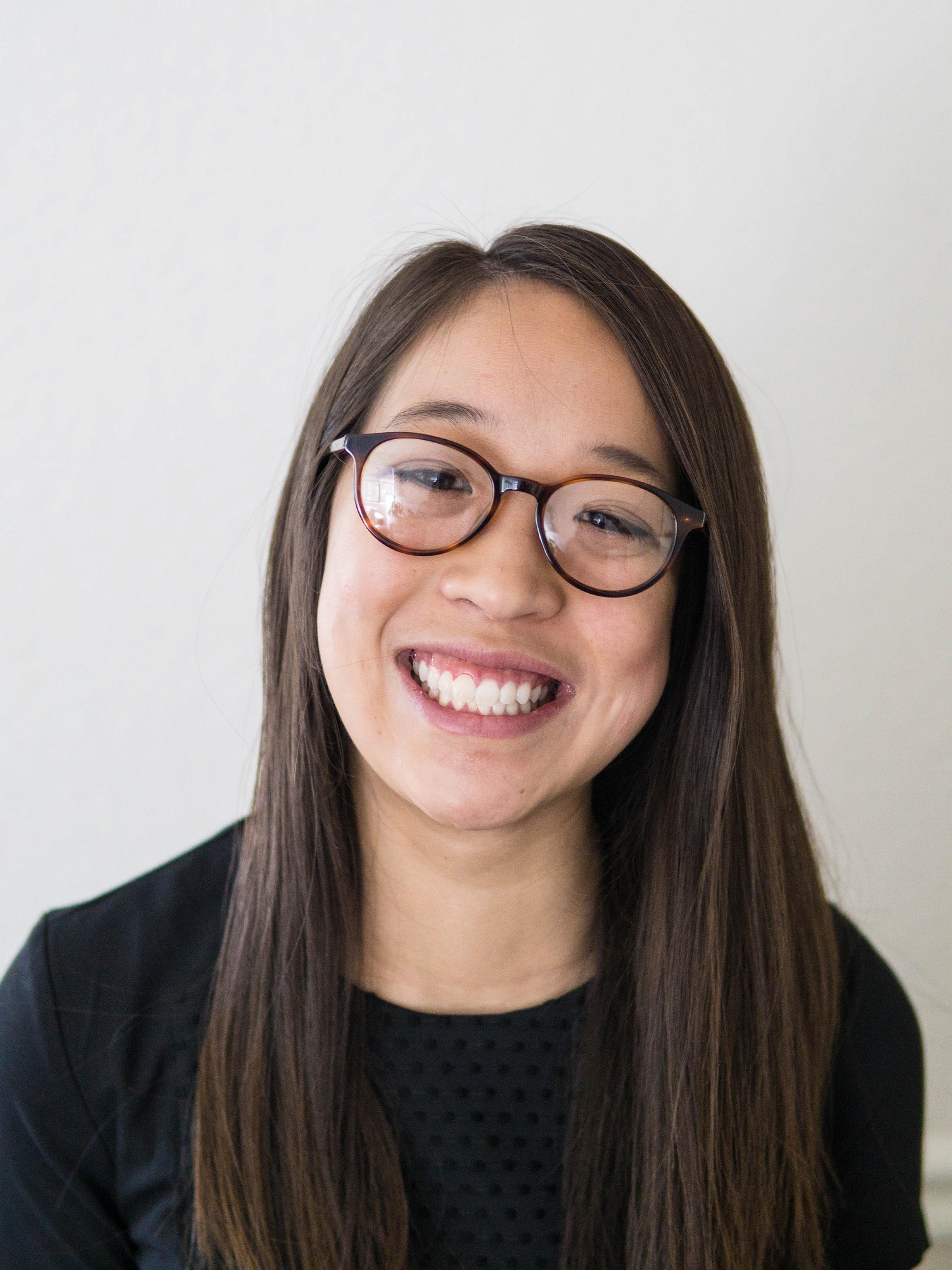
ABOUT THIS PGY2 SOLID ORGAN TRANSPLANT PHARMACY RESIDENCY

Purpose Statement
Our Postgraduate Year Two (PGY2) pharmacy residency programs build on Doctor of Pharmacy (PharmD) education and PGY1 pharmacy residency training to develop pharmacist practitioners with knowledge, skills, and abilities as defined in the educational competency areas, goals, and objectives for advanced practice areas. Residents who successfully complete our PGY2 residency programs are prepared for advanced patient care or other specialized positions, and board certification in the advanced practice area, if available.
Description
The solid organ transplant residency program provides the resident exposure to the pre-transplant evaluation process for transplant candidates as well as acute care and ambulatory management of transplant recipients. Early experiences will begin with a focus on management of specific organ transplant types alone (i.e. kidney/pancreas, liver, heart and lung). As a sound knowledge base of transplant therapeutics and familiarity with the University of Utah Health system is developed, the experience will begin to focus on becoming an independent pharmacist within the solid organ transplant team throughout the continuum of care while caring for multiple transplant types at one time. During the second part of the residency year, the resident has the freedom to focus on areas of interest and customize their learning experiences to meet the resident’s goals.
Additionally, the resident's research project, transplant specific service requirement, and solid organ transplant longitudinal clinic will be ongoing throughout the year.
Goals
- To train highly sophisticated transplant practitioners that will serve as leaders in transplant pharmacy and the profession.
- Develop expertise in identifying medication problems in solid organ transplant patients and communicating rational, evidence-based recommendations to solve these problems.
- The Solid Organ Transplant residency program uses the ASHP Competency Areas, Goals and Objectives (CAGOs) for PGY2 SOT residencies. We use all the required CAGOs for our program. Other elective areas may be addressed as part of the resident's customized plan.
Highlights of Experience
- The PGY2 Pharmacy Residency in Solid Organ Transplant at University of Utah Health will provide a diverse experience balancing clinical, academic and research experiences in an academic medical center. Residents will learn the skills necessary to develop a patient-centered, evidence-based, collaborative practice. The medical staff actively participates in residency training. The resident will have the unique experience of not only participating in the care of heart, lung, liver, kidney and pancreas transplant recipients, but will be part of a comprehensive specialty pharmacy service line.
- The resident will be a member of and participate in solid organ transplant quality programs. This entails actively participating in morbidity and mortality reviews, root cause analysis, QAPI (Quality Assurance and Performance Improvement) meetings, selection meetings for all organ groups, and protocol review/development.
- The resident will have the opportunity to gain teaching experience. If interested, a teaching certificate program is available. There is potential to lecture at the University of Utah College of Pharmacy during the spring solid organ transplant elective offered to third year pharmacy students. The resident will also have opportunities to precept pharmacy students and PGY1 pharmacy residents, as well as numerous opportunities to provide in-services to members of the multidisciplinary team.
- The resident will work closely with the specialty pharmacy technicians and transplant financial coordinators who assist with medication access and gain unique insight into federal, state, and private insurance coverage.
Program Structure & Requirements
Required Learning Experiences
- Orientation: (2-4 weeks) includes Histocompatibility and Immunology lab experience
- Inpatient Solid Organ Transplant: (Longitudinal, 52 weeks)
- Inclusive of kidney, pancreas, heart, lung, and liver transplant
- Inpatient services are often combined with outpatient services for greater continuity of care
- Outpatient Solid Organ Transplant: (Longitudinal, 52 weeks)
- Inclusive of kidney, pancreas, heart, lung, and liver transplant
- Outpatient services are often combined with inpatient services for greater continuity of care
- Residency Project: (Longitudinal, 12 months)
- Service Requirement: Transplant Specific Staffing (Longitudinal, 12 months)
- Longitudinal Solid Organ Transplant Clinic: (Longitudinal, 40 weeks)
Elective Learning Experience
- Immunocompromised ID Consult Service I (4 weeks)
Presentations
The resident will present a minimum of 2 formal presentations in addition to a formal continuing pharmacy education presentation and a platform presentation at Mountain States Conference.
Presentation examples include the following:
- Lunch and Learn (topic of the resident’s choice) presented to the transplant service line
- Drug-Drug Interactions presented to the University of Utah Health nephrology fellows
- Specialty Pharmacy Mini CE presented to the University of Utah Health specialty pharmacy team
- Quality Improvement Project or Protocol Updates to the transplant team
Service
Service responsibilities include providing clinical care for hospitalized transplant patients and assisting with transplant discharge medication reconciliations and education on weekends and holidays. Start date for staffing is individualized to the resident, but typically occurs in late July or early August. Residents work approximately every other weekend with a preceptor until they have rotated through all the organ groups and then will move to independently staff every third weekend throughout the remainder of the residency year. Residents will complete approximately 48 staffing shifts throughout the residency year, including one major holiday and two minor holidays.
Residency Project
The resident will choose a project idea either of their own creation or as presented by a preceptor. All ideas will be reviewed and discussed by the transplant pharmacy team. The resident will submit their findings for potential presentation at a major transplant conference such as, but not limited to ATC (American Transplant Congress), ISHLT (International Society for Heart and Lung Transplantation) or CEoT (Cutting Edge of Transplantation). The resident will also present their project findings as a platform presentation at the Mountain States Conference and prepare a manuscript suitable for publication in an appropriate journal.
Previous resident project examples include the following:
- Extended Low Dose Apixaban and Voriconazole in Lung Transplant? A Single-Center Review of Thromboembolic and Bleeding Events
- Evaluation of Invasive Fungal Infections in Lung Transplant Recipients Receiving Low-Dose Fluconazole
- Outcomes of Very Small Pediatric Donor Kidneys Utilizing Belatacept-Based Immunosuppression in Adult Recipients
- Evaluating Antibody Mediated Rejection Treatment Outcomes in Kidney Transplant Patients at an Academic Medical Center
Professional Meetings
All University of Utah residents are expected to attend the Mountain States Conference in May. Based on departmental funding, residents may be able to attend the AST (American Society of Transplantation) Fellows Conference in September, ASHP Midyear Clinical Meeting in December, or the ATC Annual Meeting in the spring, if appropriate.
Read or listen to University of Utah Health’s solid organ transplant patient stories:
- Patient with Polycystic Kidney Disease Receives Life-Changing Gift on His 20th Birthday Marking a Milestone
- Patient Celebrates One Year "Lungiversary" as Lung Transplant Program Observes Silver Anniversary
- Double Lung Transplant Saves Utah Veteran's Life
- After Six Years of Living with Mechanical Heart Pump, Patient Receives the Ultimate Gift
- U.S. Army veteran gets triple the chance at life, with Utah’s first triple organ transplant
Program Alumni
Graduates of our residency program have gone on to careers in academia, clinical practice, research and the pharmaceutical industry.
Qualifications
Candidates must graduate from an ACPE (Accreditation Council for Pharmacy Education)-accredited pharmacy program with a Doctor of Pharmacy degree. Residents must have completed an accredited PGY1 pharmacy residency program. Applicants must be eligible for Utah licensure and are expected to obtain licensure as a pharmacist in Utah by within 90 days of the start date. (The University of Utah Pharmacy residency programs do not sponsor visas.)
Application
All residency programs at University of Utah Health use the Pharmacy Online Residency Centralized Application Service (PhORCAS) and participate in the Resident Matching Program of the American Society of Health-System Pharmacists (ASHP). The following items are required:
- Completed application via PHORCAS by the program deadline in January
- Curriculum vitae
- Letter of intent
- Three letters of recommendation

Program Director
Lonnie Smith, PharmD, FAST
Lonnie.Smith@hsc.utah.edu

Program Coordinator
Alissa Chan, PharmD, BCTXP
Alissa.Chan@hsc.utah.edu
BIO:
Alissa received her PharmD from UCSF. She completed her PGY1 pharmacy residency at UCSD Health and PGY2 SOT pharmacy residency at the University of Utah Health. She enjoys rotating throughout the different transplant organ service lines at the U and helping patients understand the 15+ new medications post-transplant. Outside of work she enjoys skiing, snowboarding, hiking, going to yoga, and trying out new recipes.